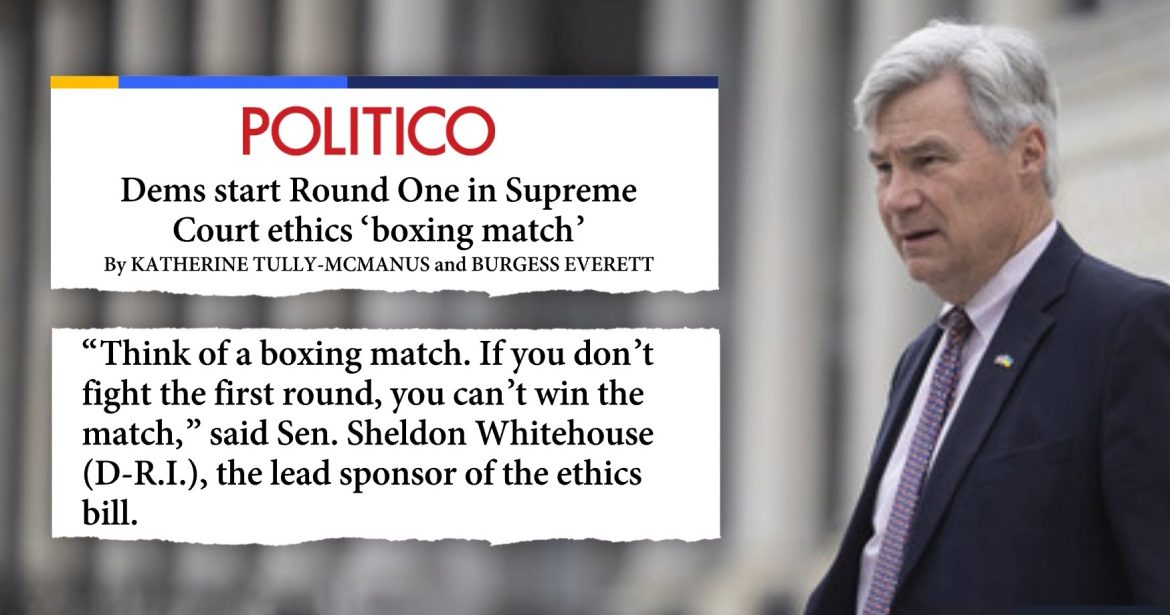In a move aimed at bolstering public trust, the U.S. Supreme Court has announced the adoption of a formal code of ethics. The decision comes amid calls for greater transparency and accountability, particularly from Democratic lawmakers concerned about potential ethical lapses within the highest court in the land.
The initiative to establish a formal code of ethics for Supreme Court Justices is a response to growing demands for increased scrutiny and accountability in the wake of reports highlighting instances where Justices accepted high-priced trips and other benefits from affluent donors.
The Supreme Court Justices unanimously agreed that implementing a formal code of ethics is essential to reinforce public confidence in the institution. This step reflects a commitment to upholding the highest standards of integrity and ensuring that the Court remains above reproach.
Democratic lawmakers have been at the forefront of advocating for ethics reform within the Supreme Court. Concerns about potential conflicts of interest and the influence of external factors on judicial decisions have spurred calls for a comprehensive framework to govern the ethical conduct of the Justices.
While the specific details of the formal code of ethics are yet to be released, it is expected to encompass guidelines on financial disclosures, recusal procedures, and restrictions on accepting gifts or benefits from outside sources. The code aims to provide clear parameters for ethical conduct that Justices are expected to adhere to in their roles as arbiters of justice.
The adoption of a formal code of ethics aligns with broader efforts to enhance transparency and accountability within the U.S. judiciary. By establishing a set of ethical standards, the Supreme Court aims to address concerns raised by the public and lawmakers regarding the potential impact of external influences on the decision-making process.
While Democrats have been vocal proponents of ethics reform, there is growing bipartisan support for measures aimed at ensuring the highest ethical standards within the Supreme Court. Both parties recognize the importance of maintaining the judiciary’s credibility as an independent and impartial branch of government.
The Supreme Court’s decision to adopt a formal code of ethics marks a significant step forward in addressing concerns about judicial ethics. As the specifics of the code are developed, it is anticipated that stakeholders, including legal experts and advocacy groups, will engage in discussions to refine and strengthen the proposed ethical guidelines.
The adoption of a formal code of ethics by the U.S. Supreme Court signals a commitment to transparency, accountability, and the preservation of public trust. This development reflects a recognition of the evolving expectations placed on the judiciary and underscores the importance of upholding the highest ethical standards to ensure the continued integrity of the nation’s highest court.



